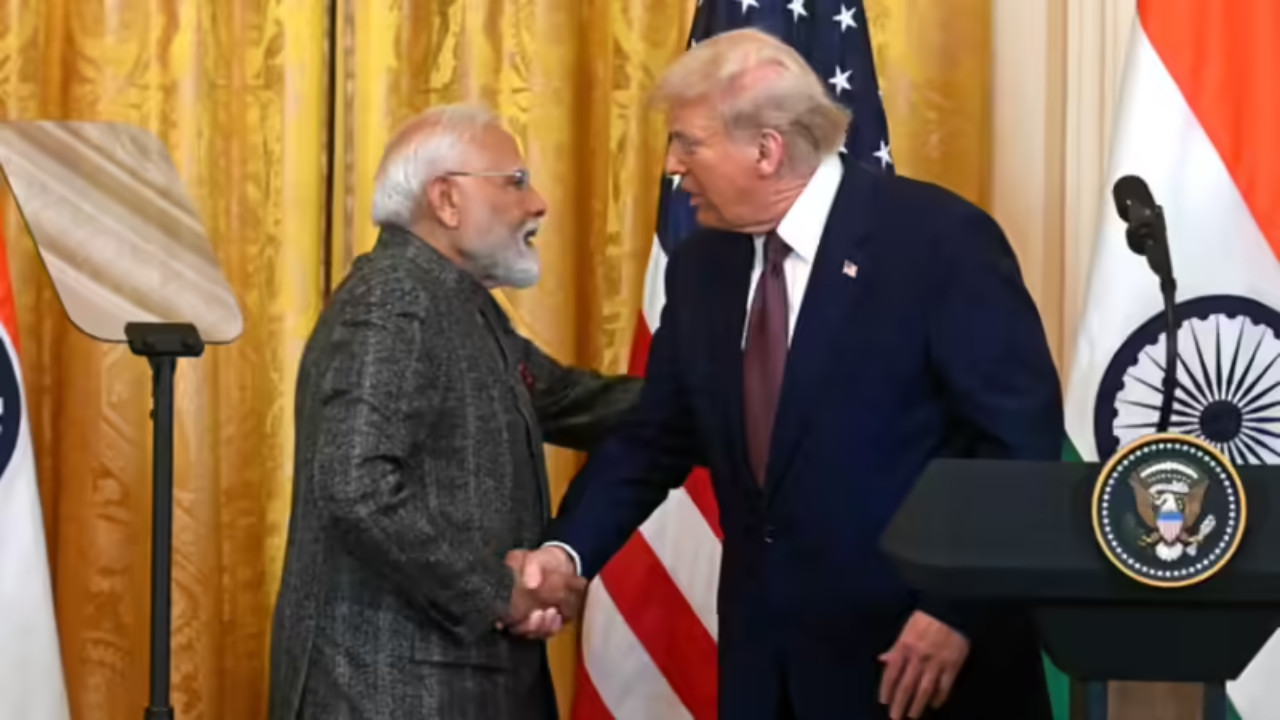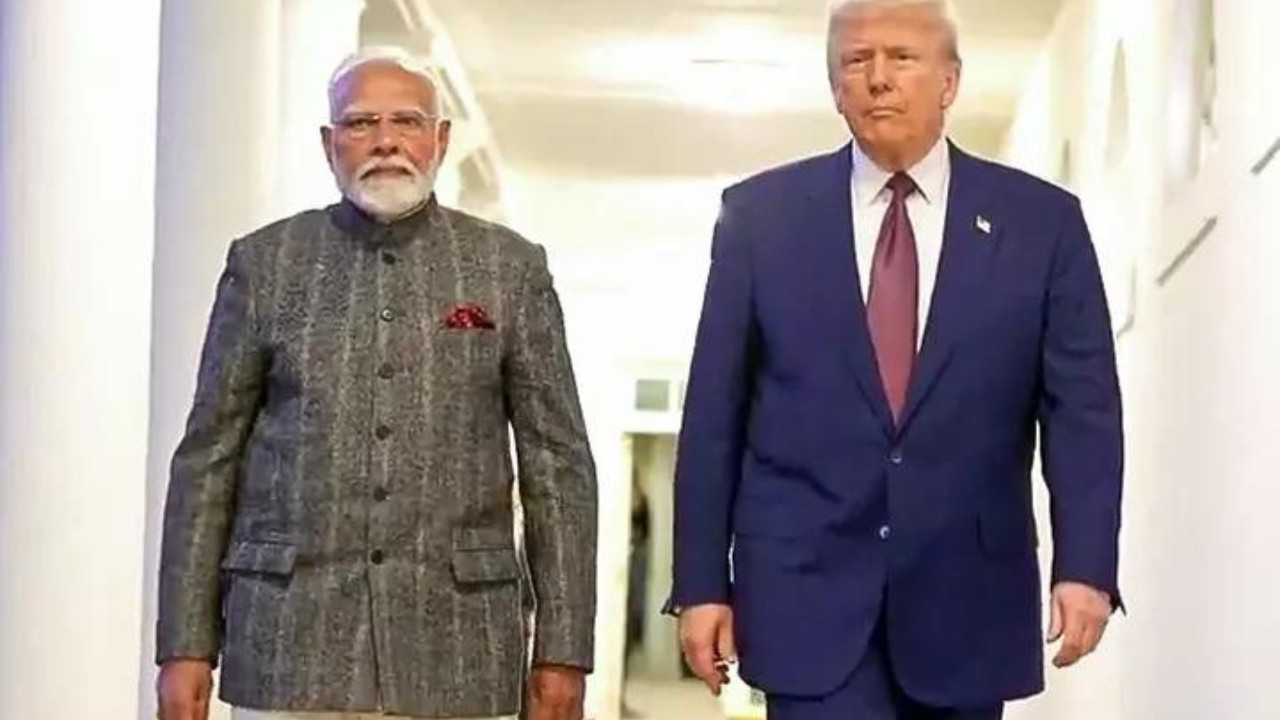Borosil Renewables exits its German solar glass business due to plunging demand and unfair competition from Chinese manufacturers, leading to insolvency for its subsidiary. The company is shifting its focus to India, where surging solar power growth, supportive policies, and anti-dumping duties create a favorable environment. Borosil plans to expand its capacity in India to capitalize on the growing demand.
Borosil’s Bold Solar Glass Move: Leaving Germany to Shine in India
The hum of international business is often punctuated by tough decisions. Recently, Borosil, the well-known glassware manufacturer, made a significant strategic pivot, exiting its German subsidiary, GMB Glasmanufaktur Brandenburg GmbH (GMB). This wasn’t a rash move, but a calculated one, signaling a reinforced focus on India’s burgeoning solar glass market. It’s a fascinating illustration of how companies adapt to shifting global dynamics, particularly in the renewable energy sector.
For those unfamiliar, GMB was acquired by Borosil several years ago with the intention of establishing a strong foothold in the European solar glass market. However, the path proved rockier than anticipated. GMB consistently struggled with profitability, becoming a persistent drain on Borosil’s resources. The challenges were multifaceted, including high energy costs, intense competition, and fluctuating demand within the European market.
So, what happens when a carefully laid plan doesn’t pan out? You recalibrate. Borosil’s decision to initiate insolvency proceedings for GMB wasn’t an admission of failure, but rather a pragmatic acknowledgement of a changed landscape. It allows them to cut their losses and redirect their energies towards a market where they see much brighter prospects: India.

The Indian solar energy sector is currently experiencing an unprecedented boom. Driven by ambitious government initiatives like the National Solar Mission and a growing awareness of sustainable energy sources, the demand for solar panels – and, consequently, solar glass – is skyrocketing. Borosil, with its existing manufacturing capabilities and established market presence in India, is perfectly positioned to capitalize on this surge.
Think of it as a strategic homecoming. Borosil is essentially doubling down on its core competency and prioritizing a market where it has a clear competitive advantage. This isn’t to say the company is abandoning international ambitions altogether, but it demonstrates a sharp understanding of where its resources will generate the greatest returns in the short and medium term. The capital and management attention previously dedicated to GMB can now be channeled into expanding its Indian operations, increasing production capacity, and developing new solar glass technologies specifically tailored for the Indian market.
The impact of this strategic shift extends beyond Borosil’s bottom line. A stronger domestic solar glass industry in India will contribute to the overall growth of the renewable energy sector, reducing reliance on imports and creating new jobs. It aligns with India’s broader goals of achieving energy independence and mitigating climate change. This isn’t just about business; it’s about building a more sustainable future. Borosil’s focus on solar glass production within India also strengthens the domestic supply chain, making the entire solar energy ecosystem more resilient.
Furthermore, the move allows Borosil to avoid the complexities of navigating the challenging European economic environment. Energy prices in Europe have been volatile, and regulatory hurdles can be significant. By concentrating on the Indian market, Borosil can operate in a more predictable and supportive environment, allowing it to focus on innovation and expansion. It’s a move that prioritizes efficiency and streamlined operations. This also gives Borosil the opportunity to refine its manufacturing processes, making them more cost-effective and environmentally friendly. This newfound efficiency can then be leveraged as the company expands its reach beyond India in the future. This could be especially critical in relation to new solar glass technology applications.
Interested in renewable energy investments? Read our analysis on the top trends to watch!
Ultimately, Borosil’s decision to exit GMB and focus on the Indian solar glass market is a testament to the dynamic nature of global business. It highlights the importance of adaptability, strategic foresight, and a willingness to make difficult choices in order to achieve long-term success. By recognizing the immense potential of the Indian solar energy sector and prioritizing its domestic operations, Borosil is positioning itself for sustained growth and contributing to a greener future for India and the world. The future looks bright, powered by the strategic use of solar glass.







